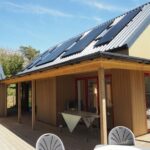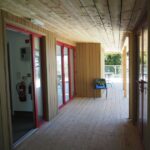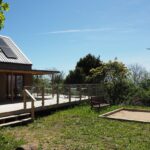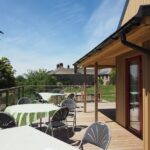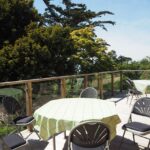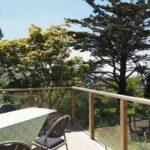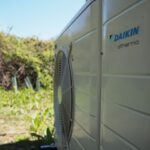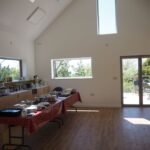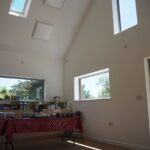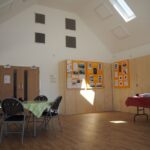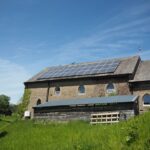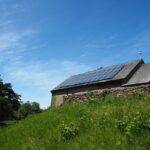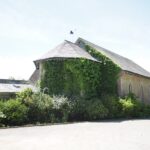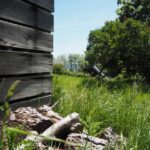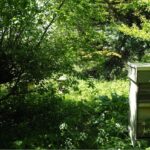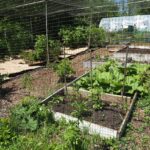Several other measures were recommended by Low Carbon Dorset to reduce the carbon footprint of the Othona site. These measures included having a survey of all their existing buildings’ roof-space to identify where increased insulation is needed. Insulation can provide excellent low-cost carbon savings and drastically reduce heating bills.
Battery storage was also a possible recommendation for the future. Although battery storage is currently expensive in comparison with the savings offered from fitting it, this is likely to change in the next two to five years. When this happens many people and organisations that have previously fitted PV may choose to add storage to maximise the benefits they receive from their solar panels.
It was also recommended that any remaining old lights were switched to LEDs, and that an upgrade to double glazing was considered for any remaining single glazed windows or secondary glazing across the site.
Several other measures were recommended by Low Carbon Dorset to reduce the carbon footprint of the Othona site. These measures included having a survey of all their existing buildings’ roof-space to identify where increased insulation is needed. Insulation can provide excellent low-cost carbon savings and drastically reduce heating bills.
Battery storage was also a possible recommendation for the future. Although battery storage is currently expensive in comparison with the savings offered from fitting it, this is likely to change in the next two to five years. When this happens many people and organisations that have previously fitted PV may choose to add storage to maximise the benefits they receive from their solar panels.
It was also recommended that any remaining old lights were switched to LEDs, and that an upgrade to double glazing was considered for any remaining single glazed windows or secondary glazing across the site.


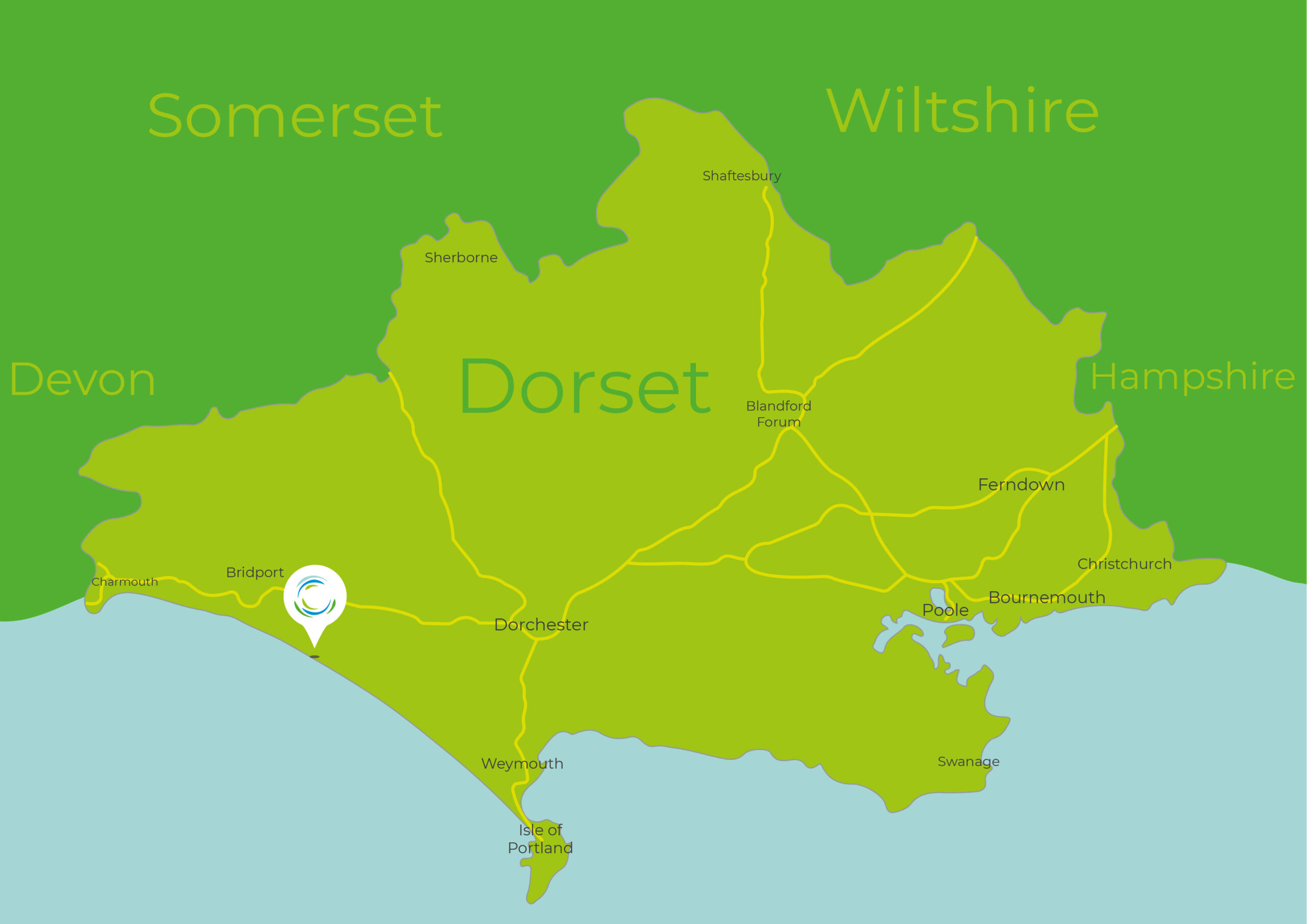
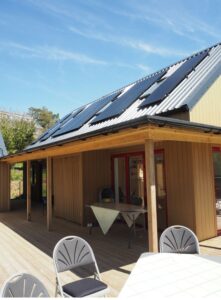 In 2019, the charity built a new multi-purpose studio at their site in Burton Bradstock. In a bid to make their new studio as near to carbon neutral as possible, Othona installed solar PV, mechanical ventilation with heat recovery (MVHR) and an air source heat pump.
In 2019, the charity built a new multi-purpose studio at their site in Burton Bradstock. In a bid to make their new studio as near to carbon neutral as possible, Othona installed solar PV, mechanical ventilation with heat recovery (MVHR) and an air source heat pump.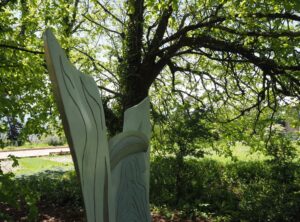 Othona West Dorset has been running for over 50 years as a centre for community and spirituality. It is located on the Jurassic coast in seven acres of grounds, managed sustainably to encourage biodiversity and wildlife. The site already benefits from solar PV on several buildings, and the charity has a firm commitment to living sustainably.
Othona West Dorset has been running for over 50 years as a centre for community and spirituality. It is located on the Jurassic coast in seven acres of grounds, managed sustainably to encourage biodiversity and wildlife. The site already benefits from solar PV on several buildings, and the charity has a firm commitment to living sustainably.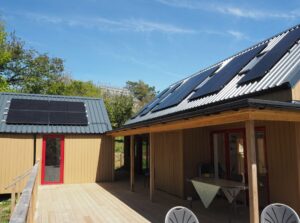
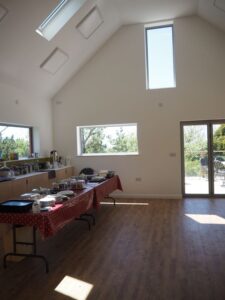
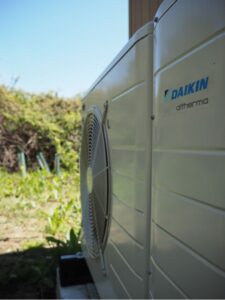 By choosing to install an air-source heat pump (ASHP) and MVHR instead of an electric combi-boiler, Othona will save around £2,800 a year in energy costs.
By choosing to install an air-source heat pump (ASHP) and MVHR instead of an electric combi-boiler, Othona will save around £2,800 a year in energy costs.